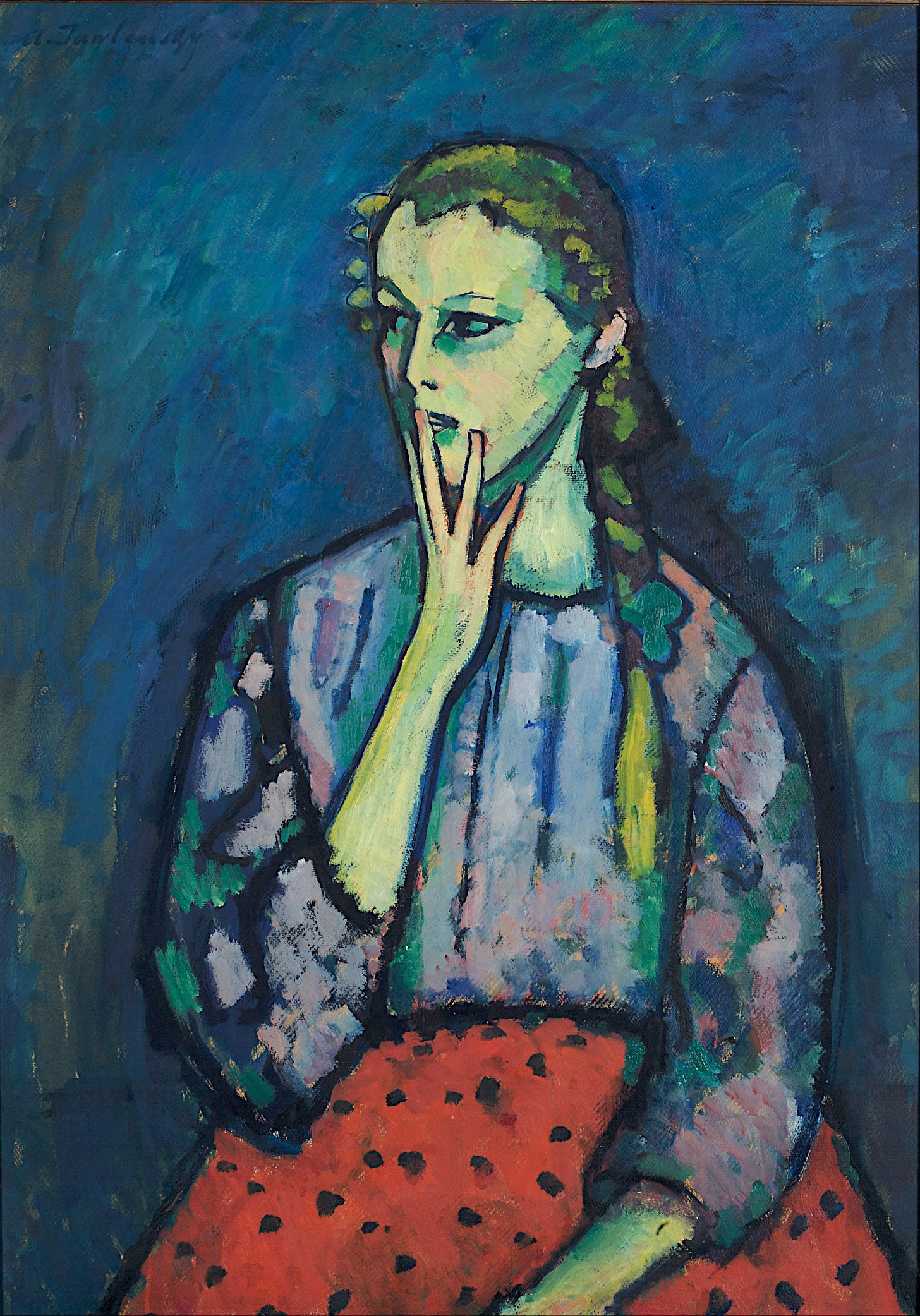When being a “boy” and being a “girl” are seen as equally performative and self-falsifying...
I’ve got a new(ish) post up at Genspect:
Because my research focuses in part on experiences of feeling like an imposter, the subject of “passing” as a member of the opposite sex comes up a lot. There’s the constant self-monitoring, the agony of not passing, the mingled thrill and terror of succeeding.
But the other day, I ran into an interesting use of the term on the r/actual_detrans subreddit by a young woman who identified first as transmasc, then nonbinary, and had taken testosterone. She wrote:
I am worried I am not pretty enough to be feminine: I’ve always been chubby and I think a lot of my dysphoria and desire to be masc has been just because I didn’t think I could pass as a pretty feminine person because of being chubby.
Here we find the language of “passing” applied not just to passing as the opposite sex but passing as an “acceptable” member of your own sex. The implied equivalence between these two sorts of passing is interesting and gets at the way femininity feels like a performance or affectation for many girls.
For many girls, “passing” as an acceptable member of your own sex class still means being thin enough, pretty enough, and feminine enough. The band of acceptable femininity is perilously narrow, and the equation of femininity with being female is pushing girls toward transition.
I still remember the girls who could never do anything right, whose effort and lack of effort were equally persecuted by our peers. Attempts to beautify yourself, if you were not considered beautiful, were laughable pretensions (“Why bother?”). There was no opting out, either (“Wow, so-and-so really gave up”). There was no way to insist on other terms. You either “passed” or you failed by some mysterious, ever-shifting standard.
This was pre-social media, pre-filters, pre-fillers. And there was no escape via trans identification. So the pressure has gone up and a valve has opened to vent that pressure. Girls who struggle with the impossible and often contradictory expectations girls and women face—and the peer pressure and bullying that comes down on girls who cannot or will not conform to these expectations—can opt out now.





I am a fat, gray haired, 52 year old women and when I gained all my weight suddenly (about 15 years ago from a sudden sudden temporary thyroid shutdown) it was horrifying for me. I had spent years trying to pass as the right kind of female despite broad shoulders, no hips etc. Now I was fat too?!
I started studying the people in my life who were fat and beautiful and noticed that they are not objectively more or less attractive than their fat counterparts who did not seem to track as beautiful. I started to delve deeper into the French concept of jolie-laide (beautiful-ugly) and I realize that really the key to crossing that line from laide to jolie-laide was confidence. Wearing things that made you feel confident and taking that confidence into the world. And I worked on that instead of working on impossible tasks like losing 30% of my body weight or changing my fundamental shape or reversing the outward effects of birthing 4 children. Wildly I have received more spontaneous complements on my looks, hair color etc in the past 5 years than in the 47 before. My friends coming into middle age despite fighting against it so hard seem to look to me for inspiration on how to cope.
For me the most freeing (and apparently attractive) thing was letting go of trying to pass and learning to just be me confidently in the world. Ironically while I was figuring this out I lost one of my daughters to gender ideology. Maybe it is something that can only come with age and time, but I have been reading your stuff for a while now Eliza and this is one of the most insightful things you have written. I want to blast it from the rooftops
This applies in some cases, I think, to young men as well. A young trans-identified male I know is very short and slight (as is his whole family), artistic and creative, and clearly does not feel he meets with society's expectations for masculinity. I feel so sad that he seems to feel he can only express himself by denying reality. I'm also sad that all our work in the past in opening up horizons for women and men has slammed shut again in the prison of gender.